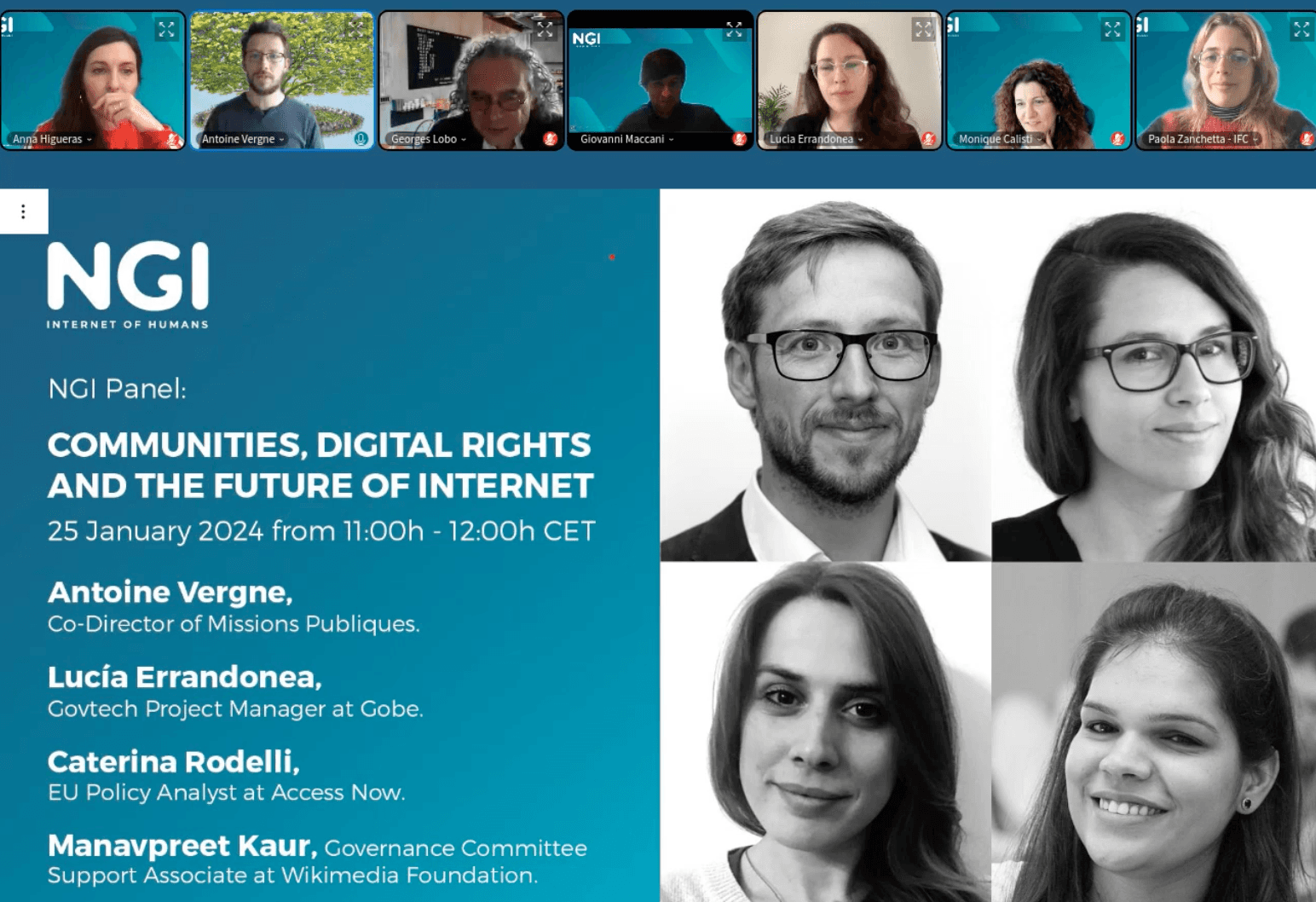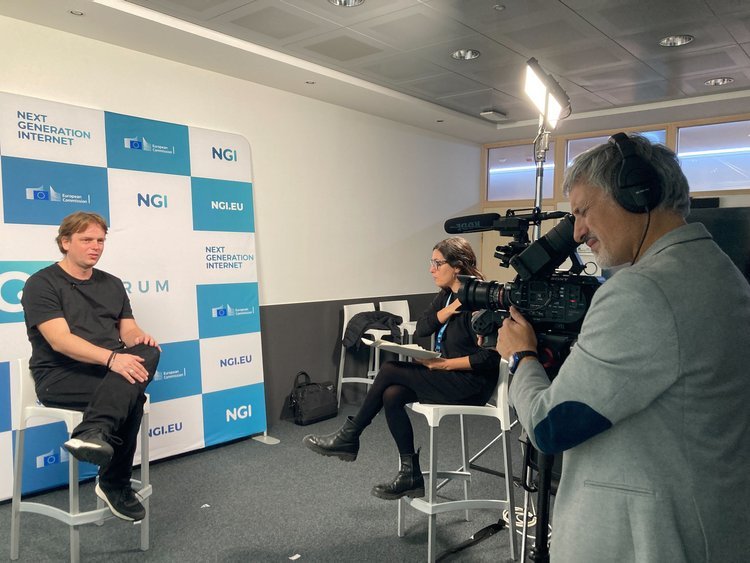Scientific research
Scientific research
Park(ing) Day Barcelona: presenting citizen science projects
Park(ing) Day Barcelona: presenting citizen science projects
30 de junio de 2020


By Daniela Salvitti, innovation consultant and financial director, and Ana Ramírez, communications manager. (Original publication in Spanish)
At Ideas for Change, we believe that improving life in cities is in the hands of each and every one of us. That is why, for yet another year, we participated in Park(ing) Day Barcelona, a global initiative that occupies public space in cities around the world to advocate for a greener, more resilient, and people-centered urban model.
This time, we set up a stand on Bailèn street to showcase our ongoing citizen science projects and provide information to all those interested in becoming engaged citizens committed to science.
The stand demonstrated how citizens can contribute to science in a simple way that aligns perfectly with their daily activities. Additionally, the space was decorated with vertical gardens provided by our collaborator Groots.
Visitors took away the Citizen Kit from CitieS-Health
Our presence at this edition of Park(ing) Day coincided with the launch of the pilot project in Barcelona for CitieS-Health, a citizen science experiment to measure how air pollution affects people’s mental health.
More than 60 people collected their Citizen Participation Kit at our stand. In addition to the instructions for getting started in the project, the kit contains a NO2 capturing tube to measure the actual pollution to which participants are exposed and a seed bomb to make our city greener.
If you couldn't visit our station but want more information about the project, you can visit its website.

Projects to improve life in the city
Our citizen science projects explore different ways for citizens to take a more direct role in scientific research. We believe that no one is better suited than the inhabitants of a city or territory to decide which areas to study based on our concerns and needs.
Therefore, we strive to provide the necessary tools for anyone to contribute to science, whether by measuring the quality of the air we breathe, monitoring traffic on our streets to improve mobility and urban planning, or recording odors to combat pollution.
By Daniela Salvitti, innovation consultant and financial director, and Ana Ramírez, communications manager. (Original publication in Spanish)
At Ideas for Change, we believe that improving life in cities is in the hands of each and every one of us. That is why, for yet another year, we participated in Park(ing) Day Barcelona, a global initiative that occupies public space in cities around the world to advocate for a greener, more resilient, and people-centered urban model.
This time, we set up a stand on Bailèn street to showcase our ongoing citizen science projects and provide information to all those interested in becoming engaged citizens committed to science.
The stand demonstrated how citizens can contribute to science in a simple way that aligns perfectly with their daily activities. Additionally, the space was decorated with vertical gardens provided by our collaborator Groots.
Visitors took away the Citizen Kit from CitieS-Health
Our presence at this edition of Park(ing) Day coincided with the launch of the pilot project in Barcelona for CitieS-Health, a citizen science experiment to measure how air pollution affects people’s mental health.
More than 60 people collected their Citizen Participation Kit at our stand. In addition to the instructions for getting started in the project, the kit contains a NO2 capturing tube to measure the actual pollution to which participants are exposed and a seed bomb to make our city greener.
If you couldn't visit our station but want more information about the project, you can visit its website.

Projects to improve life in the city
Our citizen science projects explore different ways for citizens to take a more direct role in scientific research. We believe that no one is better suited than the inhabitants of a city or territory to decide which areas to study based on our concerns and needs.
Therefore, we strive to provide the necessary tools for anyone to contribute to science, whether by measuring the quality of the air we breathe, monitoring traffic on our streets to improve mobility and urban planning, or recording odors to combat pollution.


